Separate Or Dissipate? Can Changes To Data Sharing Change Ad Tech
19 May

The ACCC has set out with the goal of addressing the competitiveness and efficiency of the ad tech supply chain as it exists in Australia today. Given the important role data plays in this supply chain, the report is exploring a number of different ways in which changes to data collection and sharing might impact the industry.
A key concern in the report is the role of data in creating an imbalance between the industry leaders – namely Google and Facebook – and the smaller players. As we know, these digital platforms have actively logged in data on billions of people around the world. Given Google is moving to entirely remove online tracking on Chrome and instead focusing on first-party data, data equality is poised to become an increasingly important issue in the digital advertising market.
Data separation
One option that is being explored by the ACCC in the digital advertising services inquiry as a way to potentially address the idea of data as a barrier to entry is the possibility of more mandated data separation mechanisms. Data separation principles are sometimes used when businesses divest certain parts of the organisation and might include data siloes or limitation requirements. Large firms such as KPMG now offer services specifically in data separation, to help businesses safely and effectively separate their data.
So how does this apply to ad tech? According to the ACCC, mandated data separation mechanisms could reduce the “data advantage” that these big platforms like Google and Facebook currently hold. It proposes that data separation could be enforced by setting purpose limitation requirements on firms that are collecting data from user-facing services. For example, customers could be given the ability to control whether or not Google collects their data through online browsing, online searches or email. The ACCC does point out that such a method could put a heightened regulatory burden on businesses and may also give consumers ‘choice fatigue’ if they are having to constantly decide how their data is collected.
Data separation could also be enforced through regulating how data is shared internally within a single company, according to the ACCC. This might look like prohibiting the use of health data for advertising and would require consultation from the Office of the Australian Information Commissioner.
The ACCC sets the ultimate goal of finding “less data-intensive ways of increasing efficiency in online advertising”, particularly around the collection of personal data. Whether or not these suggested methods of mandated data separation would ultimately lead to this remains to be seen. At smrtr, we believe that our solutions can help digital advertising move towards the goal of being less data-intensive. Our aggregated data is shared in a way that helps our partners enrich their preexisting first-party data with a focus on finding insights that can help benefit the overall business. While cookies and other historical targeting methods have been data-intensive, we believe we can create a better advertising ecosystem for businesses and customers not by using more data, but by using better data.
By Paul Argus, CMO at smrtr




